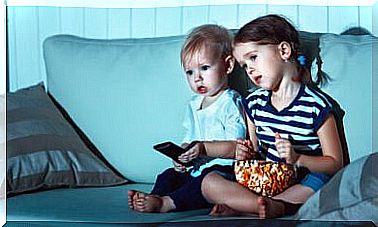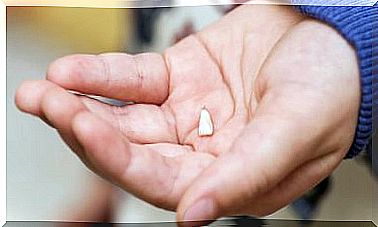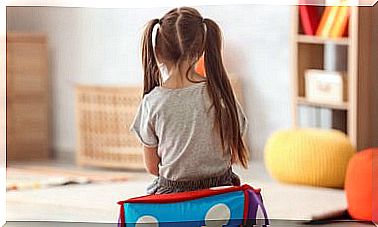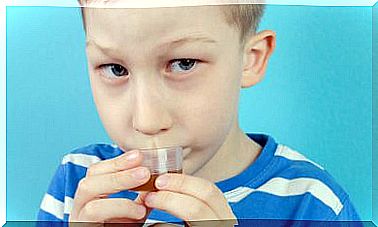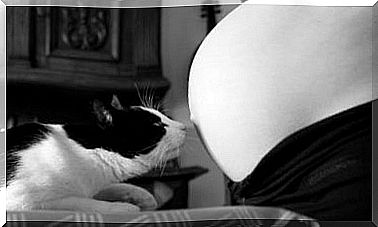Psychological Effects Of Traditional Punishments

Today it is common for parents to use physical punishment in raising children. However, it is convenient to consider the possible negative psychological effects that they would cause in them.
The education that a person receives in their childhood and adolescence from their parents or guardians, can determine their future behavior. Therefore, punishment is seen as the practice of imposing something unpleasant, when trying to educate. Keep in mind that education does not require strict punishment, especially when we know that it can harm the little one.
Physical punishment in parenting has been widely practiced throughout the world. In each country it is observed frequently, some very similar and all at the father’s convenience. There are also psychological punishments, which generate a type of damage that is not seen.
Parents are increasingly being observed who tend to physically and emotionally hurt their children. We believe that we are correcting, without realizing that the opposite is true. The more punishments the child has, the more aggressive and violent they can become, which may reflect negatively in the future.
Punishment and its effects
Punishment has some effects that can develop negatively in the life of the child. For example, they can cause depression, aggressiveness, violence, among other things.
Many parents find that at a mild level, corporal punishment is helpful in teaching the child what no means. For children to behave appropriately, most exercise punishment in a negative way.
It is very certain that physical punishment reaches levels of abuse, therefore, it tends to generate psychopathology and some violent behaviors in the child. Among the problematic effects produced by punishment are:
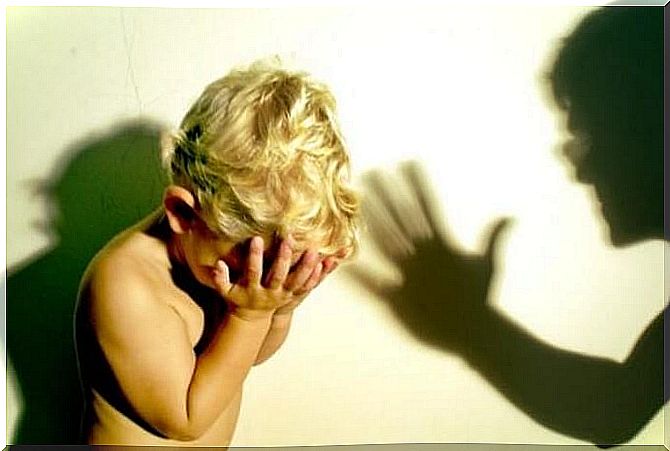
- Punishment does not eliminate wrong behavior, it only temporarily suppresses it. It does not teach how to behave, but limits the unwanted
- It is detrimental to the affective bond between the child and his parents. In general, the child moves away from the father who punishes him, because it generates fear and disagreement
- It provokes aggressive behavior and complicates other emotions. It does not favor the child’s personality and emotional development
- Punishment can affect a person for life, especially when it is done unnecessarily. Sometimes parents punish to relieve their own stress
- It can generate certain feelings of guilt in the child or in his father. In most cases it is reflected in resentment and anger
If the punishment is harsh enough, it can be very frightening for the child. You may want to hide from whoever punished you, in short, it can destroy your trust and relationship with your parents.
Punishments and the development of the minor’s personality

Most of the time parents use punishment because they do not know any other way to correct. In most cases it is an ideological imposition, in which you are forced to think in one way.
It is common that when the mother, faced with inappropriate, difficult or spoiled behavior, decides to discipline him with excessive punishments without considering its possible negative effects on the child. This type of punishment, whether mild or severe, hinders personality development. It also creates a rebound effect in which the little one becomes more rebellious and distrustful.
Some punishments that have nothing to do with physical abuse can also affect the child. Many times we violate the dignity of the child. This is especially the case in schools, where the punished child may be the target of unscrupulous teasing.
